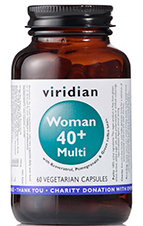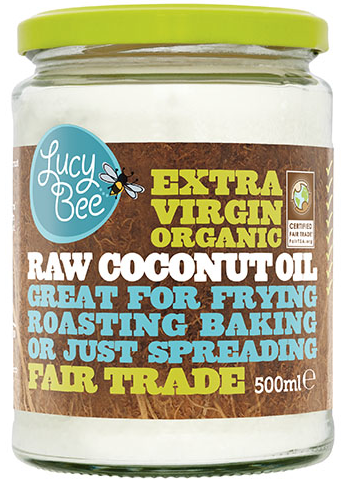Should I be taking calcium post-menopause...?
Q. Should I take a calcium supplement? I am post-menopausal and healthy but worried about maintaining my bone health. A. Recent research from New Zealand published in the British Medical Journal investigated all the best studies looking at the relationship between calcium and bone fracture. According to NHS Choices (www.nhs.uk), the results, counter to previous medical advice, showed that for most healthy people calcium supplements will make little difference to their bone health or risk of fracture. They may also cause side effects such as constipation, kidney stones and, more seriously, an increased chance of heart attack.
Expert advice in the UK is that we need about 700mg of calcium a day to feed our bones, which are constantly being destroyed and renewed. We should get this quite easily from our diet. Good sources are oily fish, nuts, seeds, beans (e.g., soya) and pulses (eg, chickpeas), as well as milk, cheese and yoghurt.
 However, for calcium to be laid down in your bones you need vitamin D and other nutrients including magnesium, zinc, boron and vitamins K, C and B12, according to nutritionist Patrick Holford (www.patrickholford.com). A good multivitamin/mineral can help supply these (try Viridian Woman 40+, £24.95 for 60 capsules) and in the winter months you may need a vitamin D supplement (try Better You DLux 3000 spray, £7.95; both are available from www.victoriahealth.com).
However, for calcium to be laid down in your bones you need vitamin D and other nutrients including magnesium, zinc, boron and vitamins K, C and B12, according to nutritionist Patrick Holford (www.patrickholford.com). A good multivitamin/mineral can help supply these (try Viridian Woman 40+, £24.95 for 60 capsules) and in the winter months you may need a vitamin D supplement (try Better You DLux 3000 spray, £7.95; both are available from www.victoriahealth.com).
Weight-bearing exercise such as walking, dancing or gardening is vital for bone strength.
People at risk of weak bones (osteopenia) or with osteoporosis should not discontinue taking prescribed supplements and discuss any concerns with their doctor. There is more information on the National Osteoporosis Society website, www.nos.org.uk.
THE SPRITZ KIT FOR A GOOD NIGHT'S ZZZZ
 A good night’s sleep leaves you bright, bouncy and ready for anything, but one in three of us regularly has those nights where we toss and turn, then wake feeling ragged. And, shockingly, one in five children today has an anxiety-related sleep disorder.
A good night’s sleep leaves you bright, bouncy and ready for anything, but one in three of us regularly has those nights where we toss and turn, then wake feeling ragged. And, shockingly, one in five children today has an anxiety-related sleep disorder.
It is not just our quality of life and ability to work that suffer: a lack of good-quality slumber is linked to ill health including heart disease, cancer and obesity.
An aromatherapy pillow spray by This Works (www.victoriahealth.com)/£25 for 75 ml has been shown to help in a trial of 200 testers with a history of sleep problems. It significantly reduced restlessness and also enabled subjects to sleep for an amazing two hours longer, on average.
Sleep Plus Pillow Spray features lavender, vetiver and wild chamomile in a potent, fast-acting formula, which goes on being released throughout the night, thanks to micro-encapsulation technology. Several of my colleagues swear by it and it also seems to help children whose parents have spritzed their pillows.
Gusto Organic Cola, £1.19 for 355 ml/www.ocado.com. Real cola nut, vanilla, spices, essential oils and no bone-weakening phosphoric acid, sweetened with organic cane sugar, stevia and inulin, and just 49 calories per can – a great occasional treat.
Cauli Rice, £1.99 for 200g pouch/www.caulirice.com. Par-cooked grains of blitzed cauliflower are a very low GI replacement for rice, potatoes or pasta. Options include Original, Lemongrass & Chilli, Mediterranean and Indian Pilau.
 Lucy Bee Raw Coconut Oil/£6 for 300ml, www.lucybee.co. Coconut oil is good for searing and frying as its smoke point is higher than butter and other oils so it does not form harmful compounds. This extra virgin version tastes virtually neutral.
Lucy Bee Raw Coconut Oil/£6 for 300ml, www.lucybee.co. Coconut oil is good for searing and frying as its smoke point is higher than butter and other oils so it does not form harmful compounds. This extra virgin version tastes virtually neutral.


